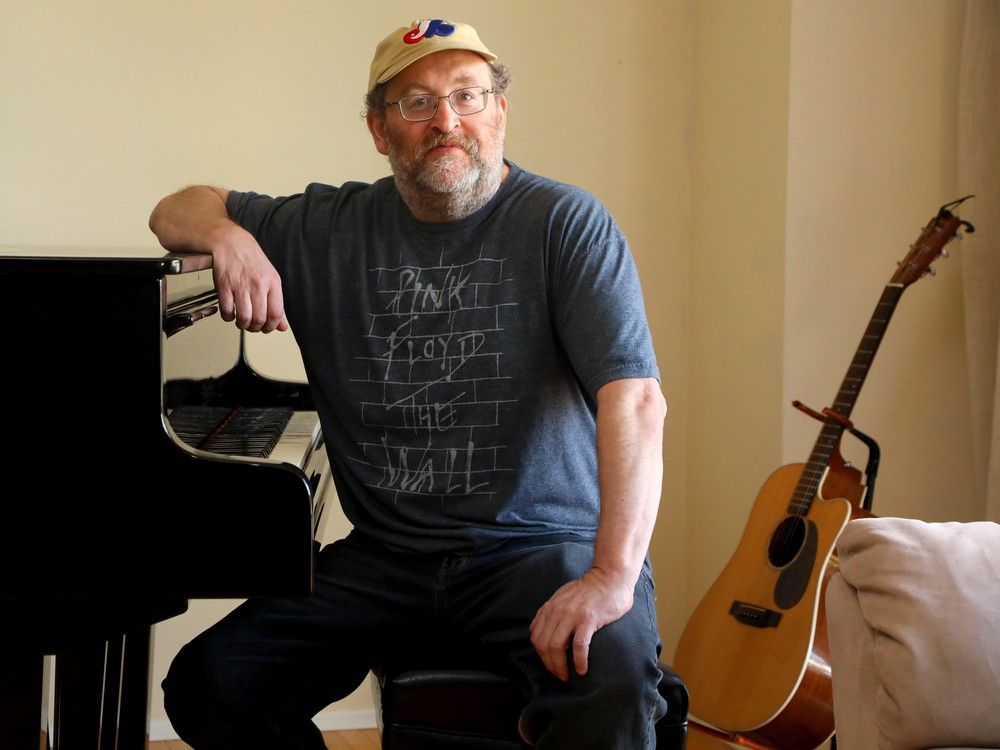Millions of free covid-19 rapid tests arriving in Americans’ mailboxes are long-awaited vindication for Dr. Michael Mina, who, as a Harvard assistant professor, had been advocating for two years that the best way to limit covid is to identify it quickly, cheaply, and widely with rapid antigen tests so infected people know to isolate themselves.
“Rapid Tests Are the Answer to Living With Covid-19” was the headline on an October New York Times op-ed he co-authored.
The Atlantic called him “America’s biggest antigen-test advocate.” In much of the world, rapid tests are “free for people and sold to governments for $3 ea[ch] to offer to their residents,” he tweeted last May.
On Oct. 22, he was one of a small group of experts on a Zoom call to advise the Biden administration to urgently ramp up testing by purchasing and sending Americans free tests.
But three weeks after that call, on Nov. 12, Mina announced he was leaving academia to become an executive at eMed, a startup that sells some of the most expensive rapid tests.
In doing so, he joins the list of covid authorities who are both frequently quoted experts on national pandemic policy and working for companies profiting from that advice.
Other prominent voices on covid policy with industry ties include Scott Gottlieb, a former FDA commissioner under President Donald Trump who is now a director for Pfizer, maker of a leading covid vaccine; Jeffrey Klausner, a public health professor at the University of Southern California as well as a paid adviser to the testing startup Curative; and Deborah Birx, Trump’s top covid adviser who became chief medical and science adviser to ActivePure Technology, an air-purifier company.
The transitions drew criticism from some ethics authorities who cite concerns about transparency, credibility, and possible conflicts of interest.
“If Dr. Mina is acting in the capacity of a public health expert and he is financially connected to a company that could benefit from his public comments, he is in a financial conflict of interest,” said Sheldon Krimsky, a professor at Tufts University and the author of “Conflicts of Interest in Science.”
Mina said he is an eMed shareholder but declined to specify his holdings or say how much he is paid in his new position as the company’s chief science officer.
Mina, who spent time as a young man working in a medical clinic in Sri Lanka, where he was ordained as a Buddhist monk, argues he can do much more good at eMed, which certifies test results and plans to expand to testing for other diseases, than he could have at Harvard. He strives to clarify that he has shifted to being a businessman, he said.
“I’m frustrated with this narrative that industry is the dark side,” he said in an interview. “I don’t think it is. I think it’s where the action happens.”
Those who agree with that perspective note that the government has often stumbled in its pandemic response.
“If ever there were a time when it became clear that scientists collaborating with industry can achieve tremendous good, it was during this pandemic,” said Michael Cannon, director of health policy studies at the Cato Institute, which promotes free markets. “The private sector is responsible for creating nearly everything that is helping reduce the harms of covid-19.”
Proponents of widespread rapid testing note that it is important for controlling the pandemic because the other major diagnostic check for covid, the PCR test, can take days to process in a lab. An infectious person might spread the virus while waiting for results. Rapid antigen tests deliver results at home in 15 minutes but are somewhat less reliable, according to the Centers for Disease Control and Prevention.
Launched in late 2020 with private capital, eMed has 123 employees, with co-founder Dr. Patrice Harris, formerly the president of the American Medical Association, serving as its CEO and Dr. Helene Gayle, known for her groundbreaking work on HIV/AIDS at the Bill and Melinda Gates Foundation, as board chairperson.
Its president is Dr. Mitch Morris, formerly the head of Optum Advisory Services, UnitedHealth Group’s consulting arm.
EMed spokesperson Leigh Daniels declined to disclose the source of the company’s startup funding.
The company has signed deals with Ohio, Colorado, Virginia, and Massachusetts to make what it markets as “proctored” rapid tests widely available in those states and has partnered with airlines to certify tests for travelers. In December, the CDC started allowing passengers entering the United States to prove covid negativity with a rapid test — but only if it is monitored and certified by eMed or another company.
After consumers are mailed Abbott Laboratories’ Binax tests, they swab their noses in an online session with an eMed monitor, who watches the process and verifies the results for a third party such as a school, an employer, or an airline.
“What’s so beautiful about eMed is that you can get tested at home, at your pool, your office, your studio, wherever you’re at,” musician DJ Khaled, signed as an eMed spokesperson, says in a promotional video.
EMed sells rapid covid tests made by Abbott in $150 six-packs, $25 per test, on its site — twice as much as similar Abbott tests cost in a drugstore. The tests are $35 each — $70 for two — when monitored by eMed and bought through Quest Diagnostics, a large testing company.
Mina has criticized high test prices and argued that government should pay for most tests. In other countries, rapid tests have sold for as little as $1 each.
Tests cost more on eMed’s site and on the Quest site because the price includes monitoring and confirmation by an eMed “certified guide,” Daniels said.
Joining eMed hasn’t changed his recommendations for low-cost testing, Mina said. Widely available rapid tests could even work to eMed’s disadvantage, if it prompted competition from other vendors or lowered demand for eMed’s testing services, he said.
Mina has been quoted or appeared on TV dozens of times since he made the switch from Harvard to entrepreneur, often with somewhat confusing attribution by the journalists.
He makes his new affiliation clear, he said. Journalists quoting or interviewing him often note his eMed connection but usually don’t mention that the company sells covid tests.
Besides planning to eventually manage other medical tests, such as for strep, eMed aims to speed treatment to patients who test positive and work with pharma companies testing new drugs in clinical trials, he said.
Some transparency advocates would like to see more in the way of disclosure: “I do think that journalists should be asking what type of interests someone might have that could be influencing the opinions that they’re expressing,” said Dr. Michael Carome, director of health research at Public Citizen, a left-leaning consumer advocacy organization.
Other experts who’ve moved into or partnered with industry have adopted their own strategies to navigate the boundary:
“My relationship to Pfizer is prominently disclosed in all my interactions with the media and I regularly make mention of it myself,” Gottlieb said in an email. “I am proud of the relationship and believe it is one element of my experience that informs my perspective and helps me contribute a unique voice to the broader dialogue.”
Birx was unavailable for comment, ActivePure spokesperson Jo Trizila said.
For Klausner’s part, advising Curative gives him a valuable, up-close perspective on attempts to fight the virus, he said.
“Some might think such activities might increase my credibility because I am actively working in the field dealing with real-world issues versus being an armchair epidemiologist,” he said.
Often professors consult for industry or own shares in startups while still holding academic positions, whereas Mina “has actually left Harvard,” said Carome. “Maybe that’s better. He’s not wearing that hat anymore.”
Mina, who was an assistant professor of epidemiology at Harvard, said he recognizes that scientists working for corporations might be viewed skeptically.
“When you go from Harvard to industry, it doesn’t matter who you are,” he said. “You lose some credibility in the public eye.”
But he said he sees more of a chance to make a difference with eMed than by staying in academia and publishing research.
Academia “just doesn’t allow you to build stuff. And I got frustrated with that,” he said. “I’ve always been drawn to building and doing rather than just doing papers.”
Note: This article have been indexed to our site. We do not claim legitimacy, ownership or copyright of any of the content above. To see the article at original source Click Here













.jpeg)